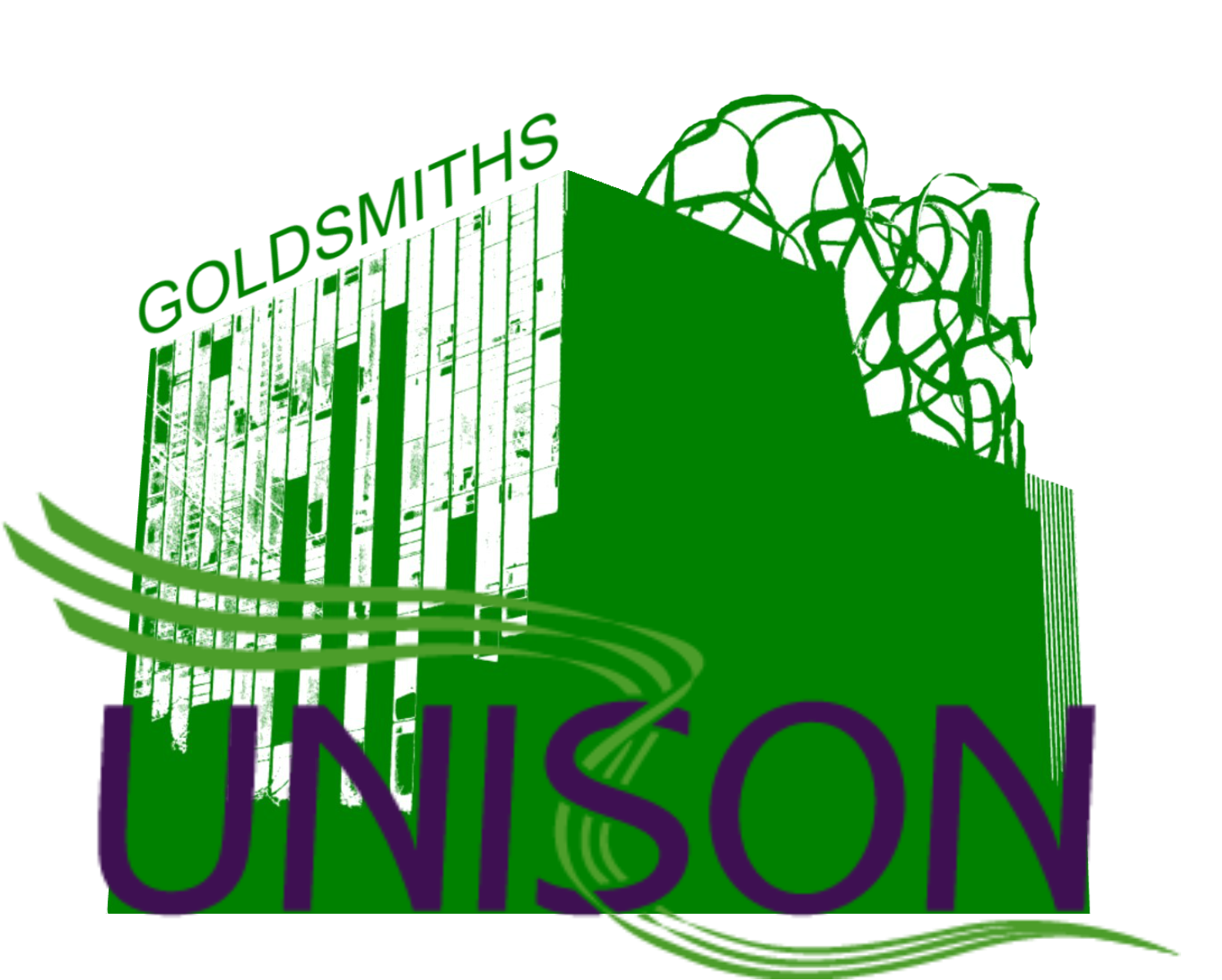
About
UNISON’s priorities on disability are led by the union’s own disabled members. We help disabled members by fighting discrimination and campaigning on issues such as:
- improved anti discrimination legislation;
- negotiating branch disability leave agreements;
- improving inaccessible workplaces;
- replacing information systems that don’t meet disabled people’s access needs;
- eliminating negative attitudes and prejudice from employers, service users and the general public.
The 2010 Equality Act offers a range of protections to disabled people but workplace discrimination still affects many people in England, Scotland and Wales.
Organisation
UNISON members campaign and organise at three levels:
- Within the workplace: many of our disabled members are active in the workplace, protecting workers’ rights, advising colleagues and highlighting issues. Some hold the position of branch disability or equality officer, others are branch health and safety reps, branch secretaries, learning reps, treasurers, workplace reps, branch chair etc.
- Regional disabled members groups: each of UNISON’s 12 regions has a disabled members’ group. Each group meets on a regular basis; at its annual general meeting they elect two representatives (at least one of whom must be a woman) to the union’s national disabled members committee. Find out the details of the regional office contact by contacting UNISONdirect on 0800 0 857 857 (voice) or 0800 096 7968 (text).
- National disabled members committee: the national disabled members committee includes 24 regional representatives and disabled representatives of the union’s national disabled Black, lesbian, gay, bisexual and transgender, and deaf members who are native British Sign Language users. The national committee also provides opportunities for other self organised national committees’ disabled co-optees to be involved.
The national disabled members committee organises an annual national conference where disabled branch and regional representatives meet to decide policy proposals and priorities for the year ahead.
These are considered alongside other non-conference matters in the national committee’s work programme that is agreed by the national executive council (NEC).
Conference arrangements also enable disabled visitors to attend as well as non-disabled people to attend as observers.
Speak to your representative if you would like to find out more about getting involved.
Your Rep
The Disabled members representative for Goldsmiths UNISON is Nils.
Your Staff Network at Goldsmiths
Staff networks have great potential to shape the culture and behaviours of an organisation and play a key role in promoting equality, diversity and inclusion. Goldsmiths are inviting expressions of interest from staff who may be interested in establishing a Disabled Staff Network to sit alongside our current networks; the LGBTQ Staff Network, Goldsmiths Race Equality Group (GREG), and the Women’s Leadership Network.
The Network hopes to provide an opportunity to exchange information, ideas and raise awareness about disability issues (including environmental, behavioural and institutional barriers) experienced by a range of people with physical, cognitive and mental health conditions at Goldsmiths.
The network would be led by disabled staff, a network chair / co-chairs would be elected, and the aims and purpose of the group would be determined by members. Some potential benefits include:
- A safe space for colleagues to discuss common issues or concerns in relation to disability in the workplace.
- Opportunities to collaborate on initiatives to improve disability inclusion and equality.
- Networking opportunities.
- Opportunities to share resources and information that has helped you relating to your disability.
- A platform for academic collaboration and sharing research.
Goldsmiths are keen to hear from staff who identify as disabled, who have a specific learning difference or long term health condition. For a confidential discussion, or to be added to the mailing list, please contact Nico Singh (Equality, Diversity and Inclusion Coordinator) at n.singh@gold.ac.uk.
No Results Found
The page you requested could not be found. Try refining your search, or use the navigation above to locate the post.
